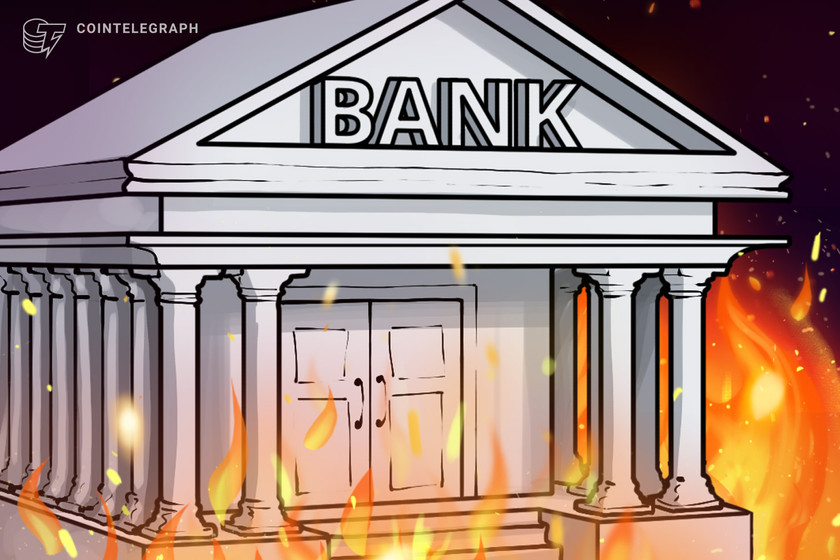Banking crisis: What does it mean for crypto?


Cointelegraph breaks down the main events that led to the collapse of Silvergate, SVB and Signature Bank and explains what this all could mean for crypto.
Last week’s rapid collapse of Silvergate, Silicon Valley Bank (SVB) and Signature Bank has highlighted the fragility of the traditional banking sector while depriving crypto of its primary fiat on-ramps in the United States.
Most observers agree that the collapse of SVB, like the one of Silvergate, was largely the result of unfavorable market conditions and poor risk management.
The shutdown of Signature was more controversial. According to multiple sources, the bank was not facing insolvency and had largely stabilized its capital outflow when U.S. regulators decided to take it over. Many in the crypto industry saw it as a political decision aimed at pushing crypto out of the United States.
Silvergate and Signature were the two leading financial institutions providing banking services to crypto companies in the United States. Following their shutdowns, it will be far more challenging for crypto companies to interact with the dollar-based financial system.
In the meantime, the collapse of SVB seems to have caused a ripple effect across the global banking sector. Credit Suisse, the second-largest Swiss financial institution, is going through a significant crisis that required the Swiss Central Bank to intervene with a $54 billion lifeline.
If you want to know more about the ongoing banking crisis and how it affects cryptocurrencies, check out Cointelegraph’s latest video report on YouTube, and don’t forget to subscribe!



